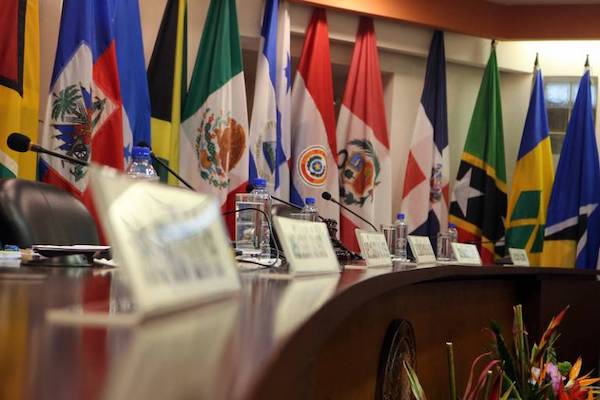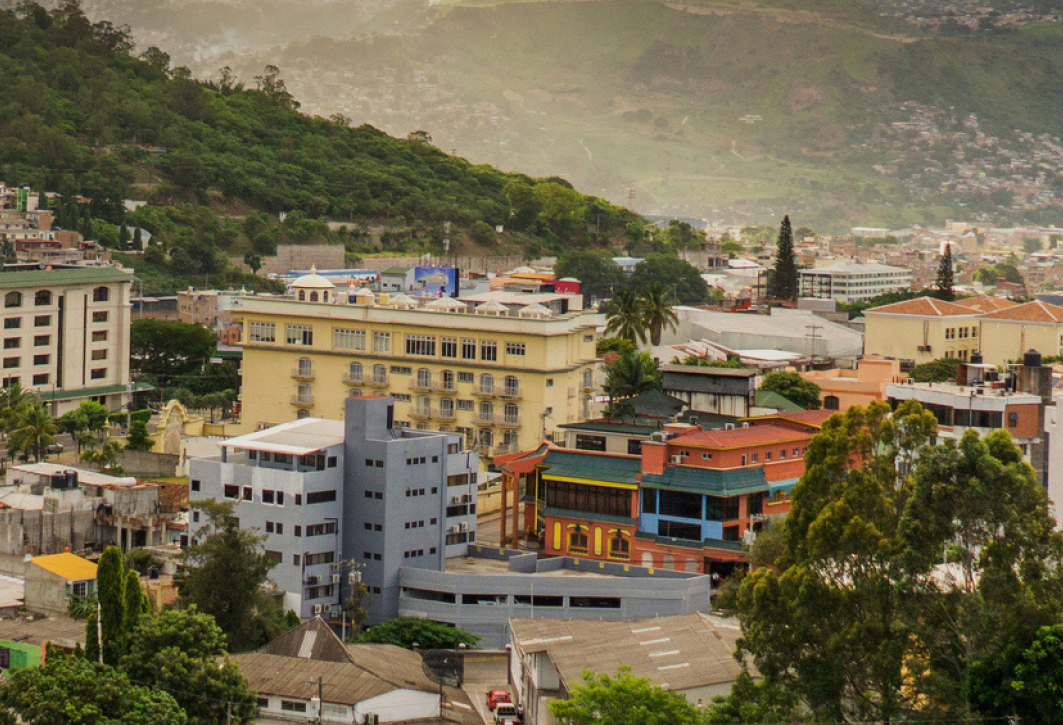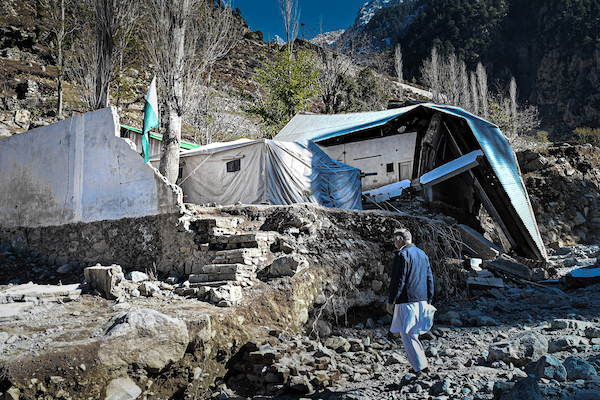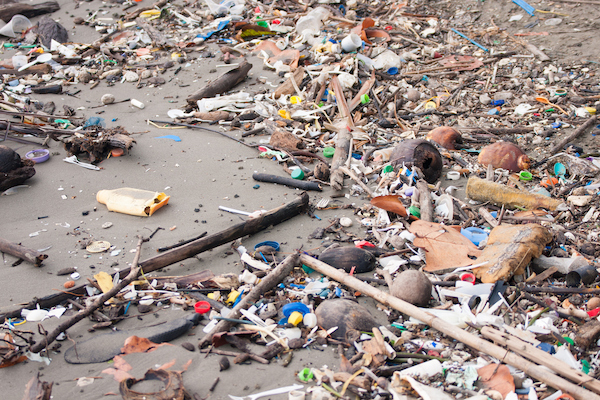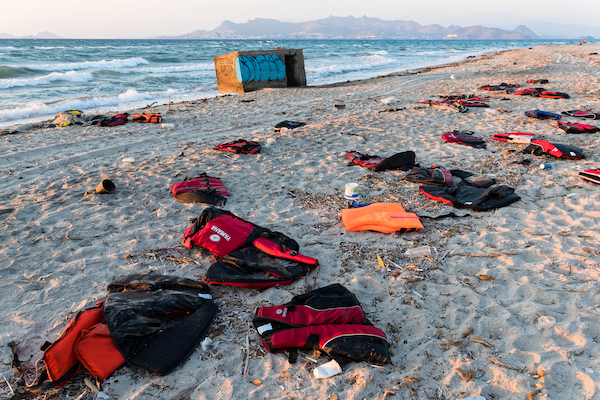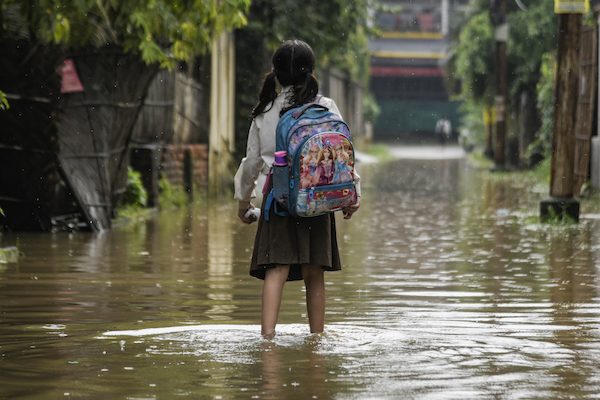Help Defend Asylum
CGRS relies on the generous support of people like you to sustain our advocacy defending the human rights of refugees. Make a gift today!
CGRS is pursuing advocacy and litigation to expand avenues to protection for people displaced by the climate crisis.
According to the UN Refugee Agency, over 90 percent of the world’s refugees hail from the countries most vulnerable to climate devastation. Experts predict that the unsafe conditions forcing refugees to flee their homes will only deteriorate in the coming years. By 2050, it is estimated that more than 200 million people will be forcibly displaced by extreme weather and environmental disasters such as droughts, storms, earthquakes, and rises in sea level annually. More and more, this displacement is happening across international borders. Yet the United States currently has no formal protection mechanisms to offer permanent safe haven to those displaced by climate change.
In 2021 CGRS launched our climate advocacy initiative, through which we are developing legal strategies to confront the climate displacement crisis. Our goal is to advance legal avenues to protection for climate or disaster-displaced people seeking refuge in the United States and in the Americas. Our work includes:
- Empowering advocates representing people displaced by climate change and disasters: Through our technical assistance (TA) and training program, we are developing practical guidance and country conditions documentation to support asylum seekers displaced by climate change. Advocates can access these resources through our TA Library.
- Expanding access to relief through the U.S. asylum system: We are also pursuing litigation and advocacy to educate policymakers and adjudicators on the dynamics of the climate crisis and advance an interpretation of the law that recognizes climate displacement as a factor in refugee protection.
- Advocating for new protection pathways: Given limitations of the refugee definition under international law, we are advocating for new protection pathways for climate-displaced individuals outside of the asylum system.
- Engaging with partners on the ground: Critical to all of this work is our collaboration with civil society partners in the Americas who are documenting and responding to the reality of climate change in their communities.
Ensuring protection for people forced across borders in the context of climate change
Building on our practice advisory on asylum claims for people fleeing climate change, CGRS will now develop international-level guidelines explaining how the Refugee Convention, human rights treaties, and regional refugee and human rights law can apply in the context of climate/disaster-related displacement. This will provide an overarching framework to guide the development of additional national-level guidelines similar to our U.S. practice advisory showing how domestic asylum laws can be interpreted and leveraged to secure protection in this context.
This project is being undertaken in collaboration with the Kaldor Centre for International Refugee Law at the University of New South Wales, and Essex Law School and Human Rights Centre, with the support of the UN High Commissioner for Refugees (UNHCR).
 Get help
Get help Log In
Log In

